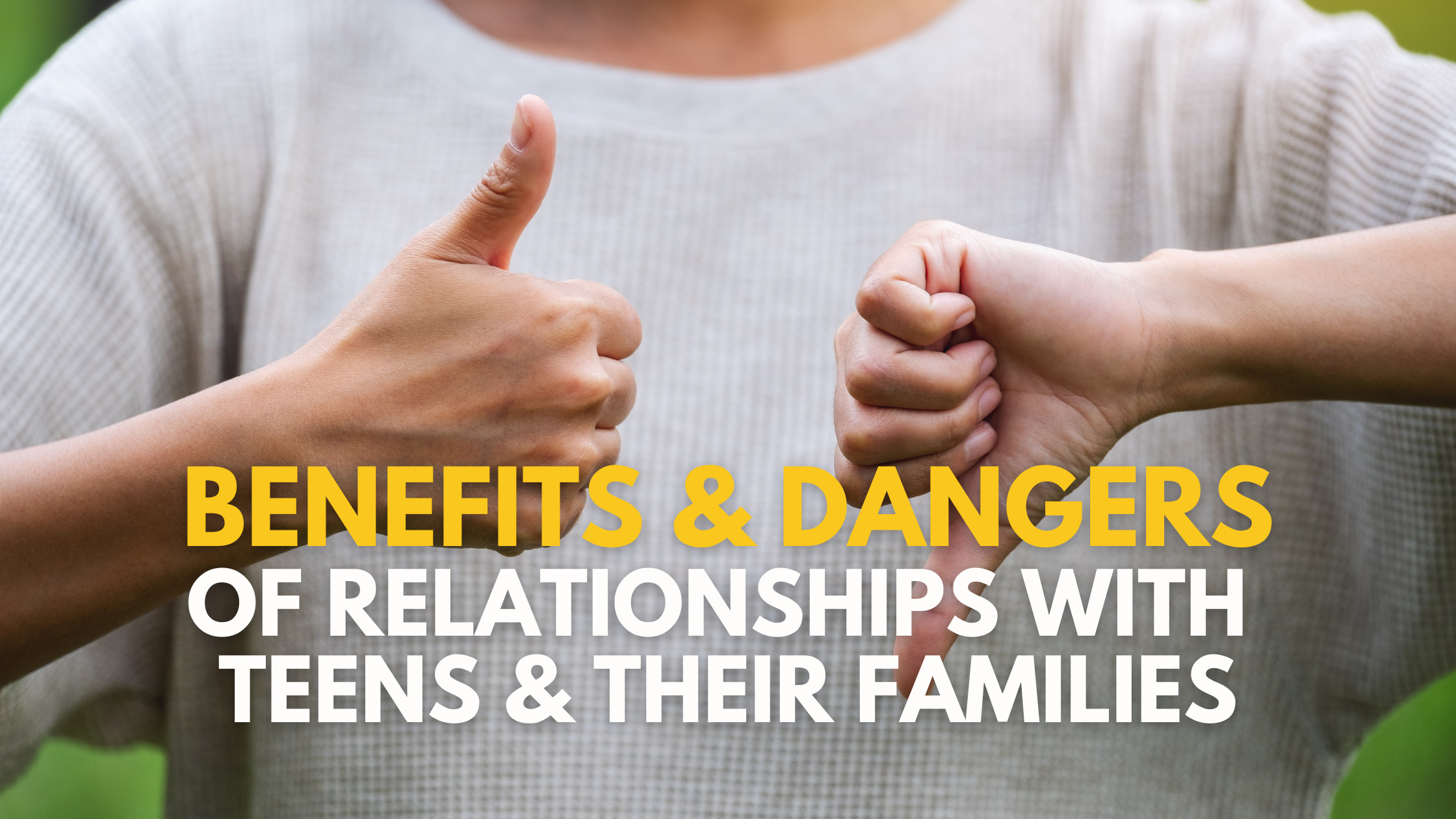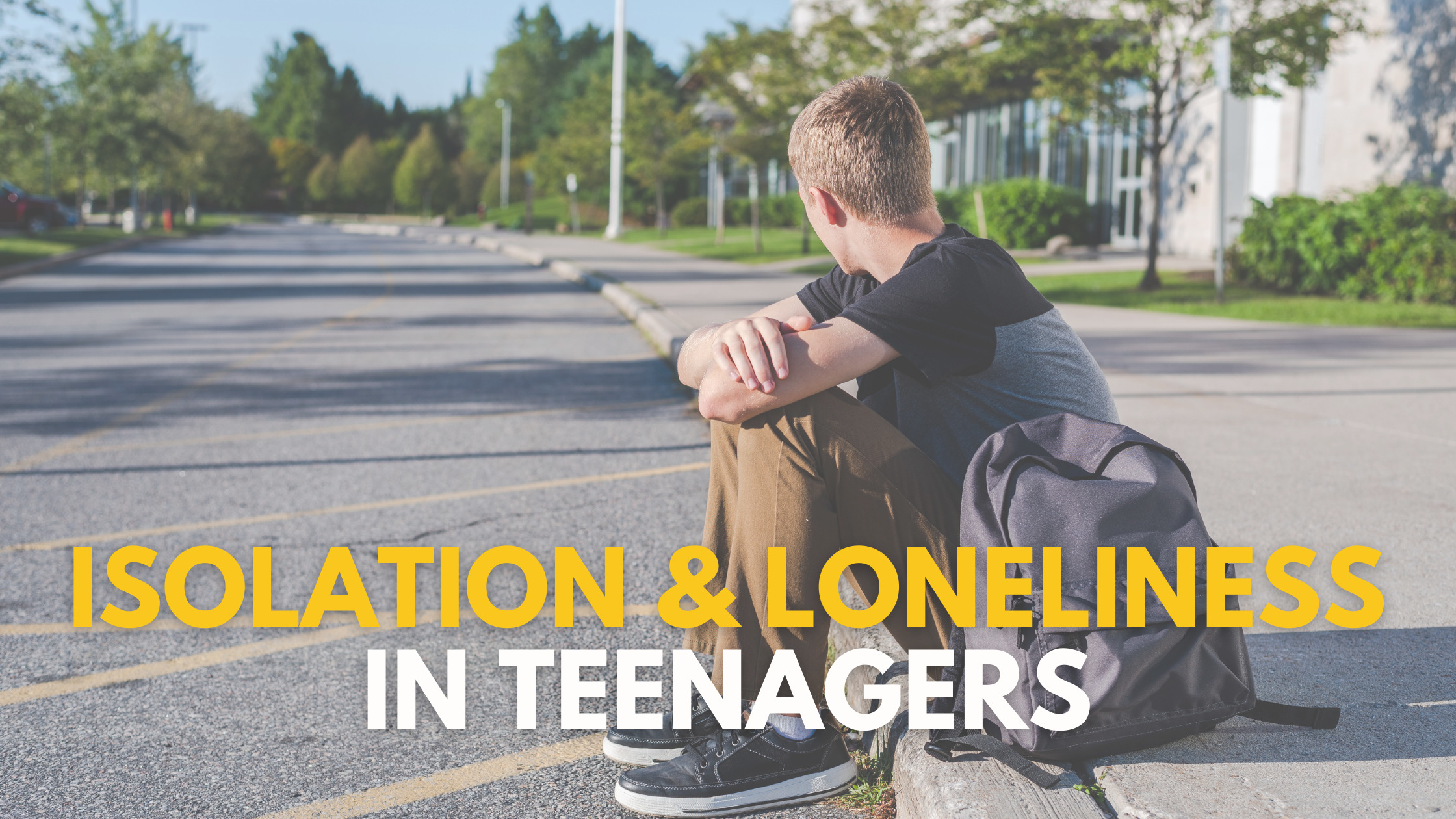Organization for the overwhelmed – don’t let our cluttered workspaces and scattered to-do lists harm our ministry and well-being.
Category Archives: Youth Ministry
Helping Teens Keep Their Faith After High School
As teens grow to be integrated members of Christ’s body, the Church, they will be better equipped as young adults to keep their faith after they leave high school and find their way within other bodies of worship.
That Happened At Church: Great Feedback
Feedback can be difficult. Now just imagine receiving that feedback in front of all your students. Listen as Josh shares a little about his recent experience.
Is It Ok To Struggle With Your Faith?
When we struggle with faith, we can know that our doubts won’t decrease the size of our God, but rather reveal the depth of God’s love for us.
Isolation & Loneliness in Teenagers, Part 2
As youth ministers, we can and MUST be helpful in the lives of our teenagers who are experiencing loneliness and isolation.
Relationships With Teens & Families
Relationships are the very foundation on which most of our ministries stand. And the deeper those relationships grow, the better we can minister to the needs of those teens and their families.
Should We Hold Teens Accountable To Their Faith
Not Just Okay – It’s Necessary Whether we realize it or not, it’s not just okay, but necessary to hold teens accountable to their faith. I remember when I was in high school, my youth minister laid out a daily reading plan for me. There was a certain number of chapters from the Old Testament, […]
Isolation And Loneliness in Teenagers
Let’s start with what we know Firstly, we have all been young before. While we may never have felt isolation and loneliness as teenagers, we know the normal stressors that come with the territory such as… Social AnxietyFinding their place in the social scene; social media plays a HUGE role in this. Therefore, you may […]
Did You Forget About Parents of Teens?
I’ve made a lot of mistakes in youth ministry—a lot! Many of my mistakes came when I first started as a youth minister because I had no idea what I was doing. I devoured lots (and lots) of books to teach me what I needed to know, but I found that when actually doing youth […]
Four Reasons Your Student Are Not Connecting
Do your student struggle connecting with one another? Could that be hindering their faith development? Here are four reasons why and what you can do about it.










